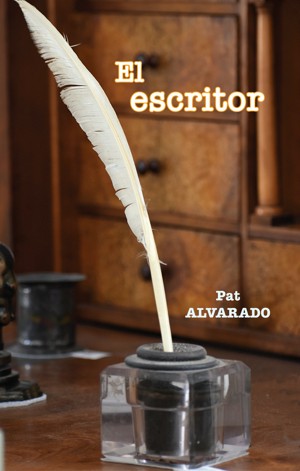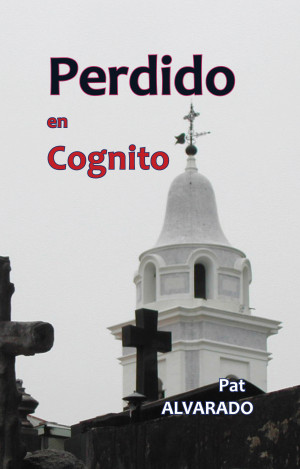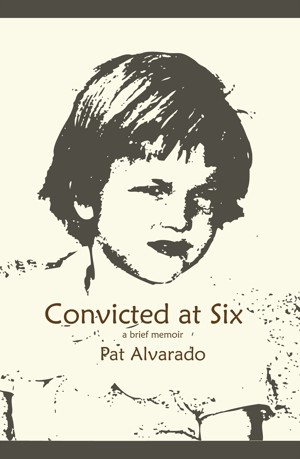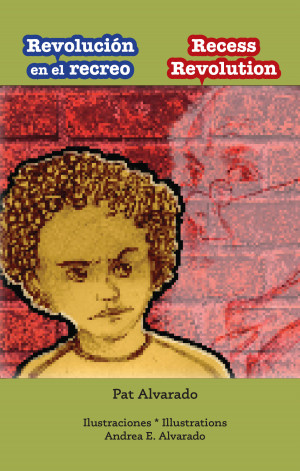Share with Friends
Interview with Pat Alvarado
Published 2013-10-28.
Smashwords Interviews are created by the profiled author or publisher.
Books by This Author
El escritor
by Pat Alvarado
Price:
$2.99 USD.
Words: 30,380.
Language:
Spanish.
Published: August 28, 2021
by
Piggy Press Books.
Categories:
Fiction » Adventure » General, Fiction » Literature » Literary
Insatisfecho con su vida y atrapado en lo que se ha convertido en un trabajo mundano y poco gratificante, el escritor regresa a su ciudad natal en un intento de rectificar su vida y aceptar las decisiones que ha tomado.
Perdido en Cognito
by Pat Alvarado
Price:
$2.99 USD.
Words: 22,510.
Language:
Spanish.
Published: June 6, 2019
by
Piggy Press Books.
Categories:
Fiction » Mystery & detective » General
Sin desanimarse por la escasa información dada para su último caso, Jake Brown, investigador privado, se encuentra en Cognito, un pequeño y agradable pueblo al norte de la frontera, lejos del aburrimiento y la fanfarria de la vida, una cuadrícula de calles y avenidas conectadas, un lugar diseñado para los perdidos y los transitorios, un lugar para nuevos comienzos.
Convicted at Six
by Pat Alvarado
Price:
$2.99 USD.
Words: 15,470.
Language:
English.
Published: July 30, 2012
by
Piggy Press Books.
Categories:
Nonfiction » Entertainment » Biography
A brief memoir of growing up as a middle child in south Louisiana during the 1950s.
Revolución en el recreo * Recess Revolution
by Pat Alvarado
Price:
$2.99 USD.
Words: 21,980.
Language:
Spanish.
Published: April 14, 2012
by
Piggy Press Books.
Categories:
Fiction » Children’s books » Social Issues / Bullying, Fiction » Children’s books » Social Issues / Friendship
Changing schools is not so pleasant for Eric when he meets up with Hank ‘the Tank’ Granger. Find out how Eric and his friends solve their problem. Bilingual juvenile novel in Spanish and English, with Ideas to Think About. Approved by Panama's Ministry of Education.




